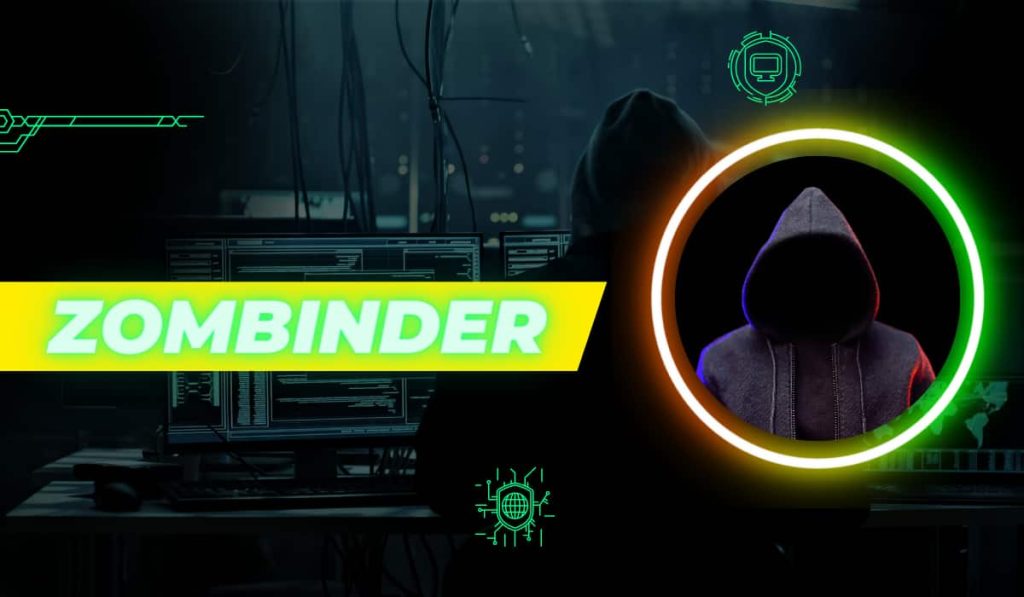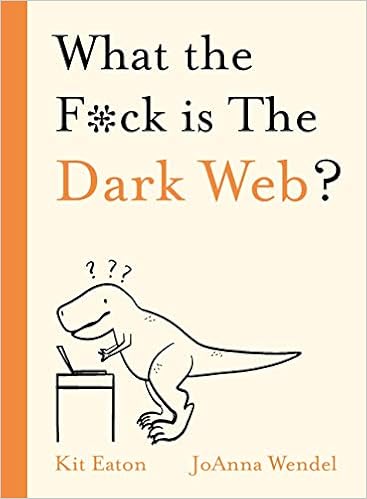The Tor browser guarantees that your communication remains operational through a decentralized network of transfers maintained by volunteers located worldwide.
It safeguards your internet connection from prying eyes by preventing any individual from monitoring the websites you visit, shields your physical location from being disclosed to the websites you browse, and enables access to blocked websites.
Numerous reasons exist for why individuals may seek to share files anonymously, with the most prominent being the case of whistleblowers or political activists striving to avoid persecution.
When a user initiates Tor, it initially passes through the first node in the circuit chosen from a pool of 2500 out of 7000 computers referred to as the “Entry Guard.” These nodes are known for their high uptime and availability.
New Mullvad Browser
A new browser was launched today, featuring an alternative infrastructure that includes a layer of VPN support in place of the Tor network.
With the new Mullvad Browser, anyone can fully utilize the privacy features developed by the Tor Project.
“Mullvad Browser, a free, privacy-preserving web browser to challenge the all-too-prevalent business model of exploiting people’s data for profit,” Torproject said.
This could be another privacy-focused browser that does not require extensions or plugins to bolster its privacy features.
“Our goal was to give users the privacy protections of Tor Browser without Tor. For instance, the Mullvad Browser applies a “hide-in-the-crowd” approach to online privacy by creating a similar fingerprint for all of its users.”
The Mullvad Browser has a default private mode that obstructs third-party trackers and cookies while providing convenient cookie deletion options.
Mullvad aims to handle all of that for you, allowing you to open the browser with the assurance that you are not easily traceable.
“Our mission at the Tor Project is to advance human rights by building technology that protects people’s privacy, provides anonymity and helps them bypass censorship.”
“We want to free the internet from mass surveillance and a VPN alone is not enough to achieve privacy. From our perspective there has been a gap in the market for those who want to run a privacy-focused browser as good as the Tor Project’s but with a VPN instead of the Tor Network,” says Jan Jonsson, CEO at Mullvad VPN.
The Tor Project has released a statement affirming that the Tor Browser will continue to evolve and enhance its capabilities.

Dark Web Onion Sites For Anonymous Online Activities: Browse The Dark Web Safely And Anonymously
InfoSec Threats | InfoSec books | InfoSec tools | InfoSec services











![The Darkest Web (Allison Barton Book 2) by [Kristin Wright]](https://m.media-amazon.com/images/I/51qZVAen96S.jpg)













